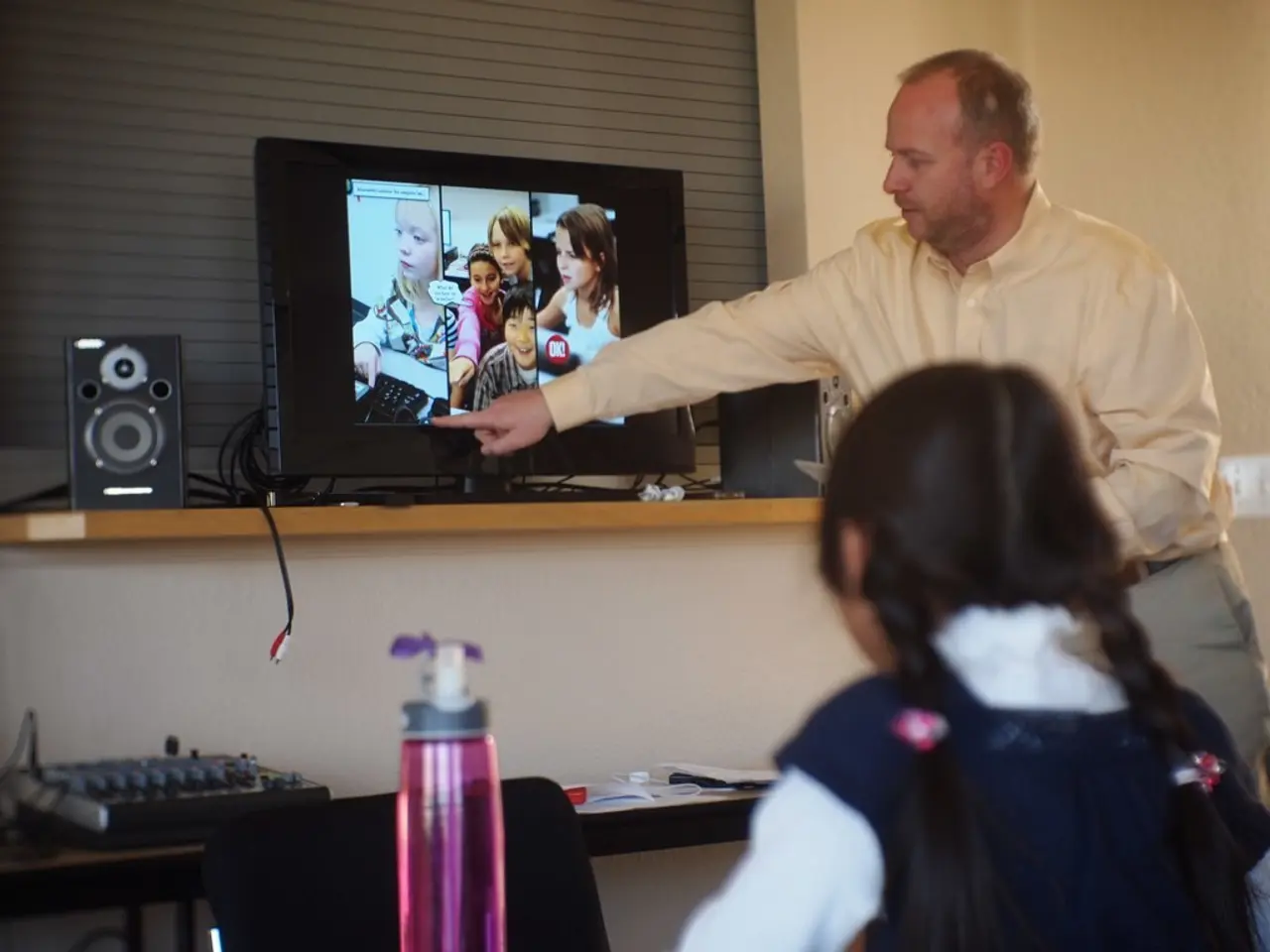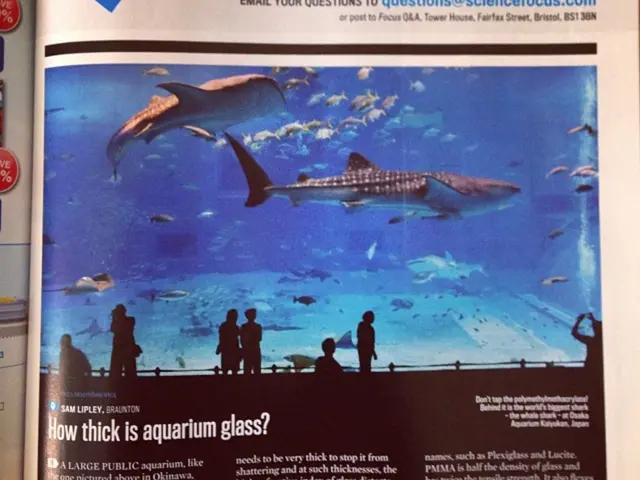11 Aborted Reality TV Series that Influenced the Genre's Development
Reality television, a genre that has captured the hearts and minds of millions worldwide, traces its roots back to the early 1970s with shows like An American Family (1973). This groundbreaking series, which portrayed a typical American middle-class family in a documentary style, attracted nearly 10 million weekly viewers and marked the beginning of reality TV as we know it today [1].
Fast forward to the 1990s, and MTV's The Real World (1991) is often hailed as the genesis of modern reality TV. Focusing on young adults living together and dealing with real-life issues, the show paved the way for the genre's shift towards more sensationalised content such as arguments and binge drinking [1].
Beyond these pioneering shows, reality television encompasses various genres including documentary-style, competitive elimination, fear-centric, dating competitions, self-improvement/makeover, and renovation shows [3]. However, the genre has faced criticism for ethical issues such as manipulation, scripted elements disguised as reality, and exploitation of contestants [3][5].
Several reality shows have been especially controversial and impactful. The Biggest Loser (2004–2016), for instance, gained fame for dramatic weight-loss transformations. However, a 2025 Netflix documentary revealed disturbing behind-the-scenes practices, including health risks, exploitation, and many contestants regaining the weight post-show [2]. Controversies surrounding the show persist, with trainers like Jillian Michaels addressing allegations about the use of caffeine pills and supplements [2].
Internationally, the Chinese singing competition Super Girl, an imitation of Pop Idol, attracted huge audiences (400 million viewers in 2005) but was banned by the Chinese government due to perceived political and cultural threats—specifically its "democratic" participation process via text voting and "worldly" vulgarity [5]. The show was banned and reintroduced multiple times, sparking debate over media influence and youth culture.
In Indonesia, reality shows like Jika Aku Menjadi ("If I Were") use immersive social experiments to place middle-class individuals into lower-class situations. While popular, critics argue such shows reinforce Western materialism and consumerism ideals; others defend them as appealing to universal human desires rather than promoting American culture [5].
Beyond these examples, reality TV has had significant cultural and social impact by shaping public perceptions, influencing political discourse, and raising questions about mental health and ethics in entertainment. Some contestants have suffered mental health consequences, including suicide attempts, illustrating the potential dark side of reality TV’s emotional demands [5].
Notable reality shows such as My Super Sweet 16, Jersey Shore, 19 Kids and Counting, The Simple Life, Toddlers and Tiaras, What Not to Wear, and Here Comes Honey Boo Boo have all left their mark on popular culture, albeit with varying degrees of controversy. From portraying Italian Americans in a questionable light to being criticised for being too risqué, these shows have sparked debates and raised awareness about representation and cultural sensitivity [1][3][5].
Thus, the history of reality TV is marked by its evolution from experimental documentaries to influential, often controversial spectacles that highlight real social issues while sometimes provoking ethical and cultural debates [1][3][5]. As the genre continues to evolve, it remains to be seen how it will navigate the complex landscape of entertainment and human impact in the future.
Social media platforms have played a significant role in amplifying the impact of reality television, allowing viewers to discuss and dissect every episode in real-time, thus fueling public debates about the shows' ethical issues and cultural representations. The entertainment value of reality TV shows has undeniably shifted towards more sensational content, often generating controversy and sparking heated conversations on social media.






